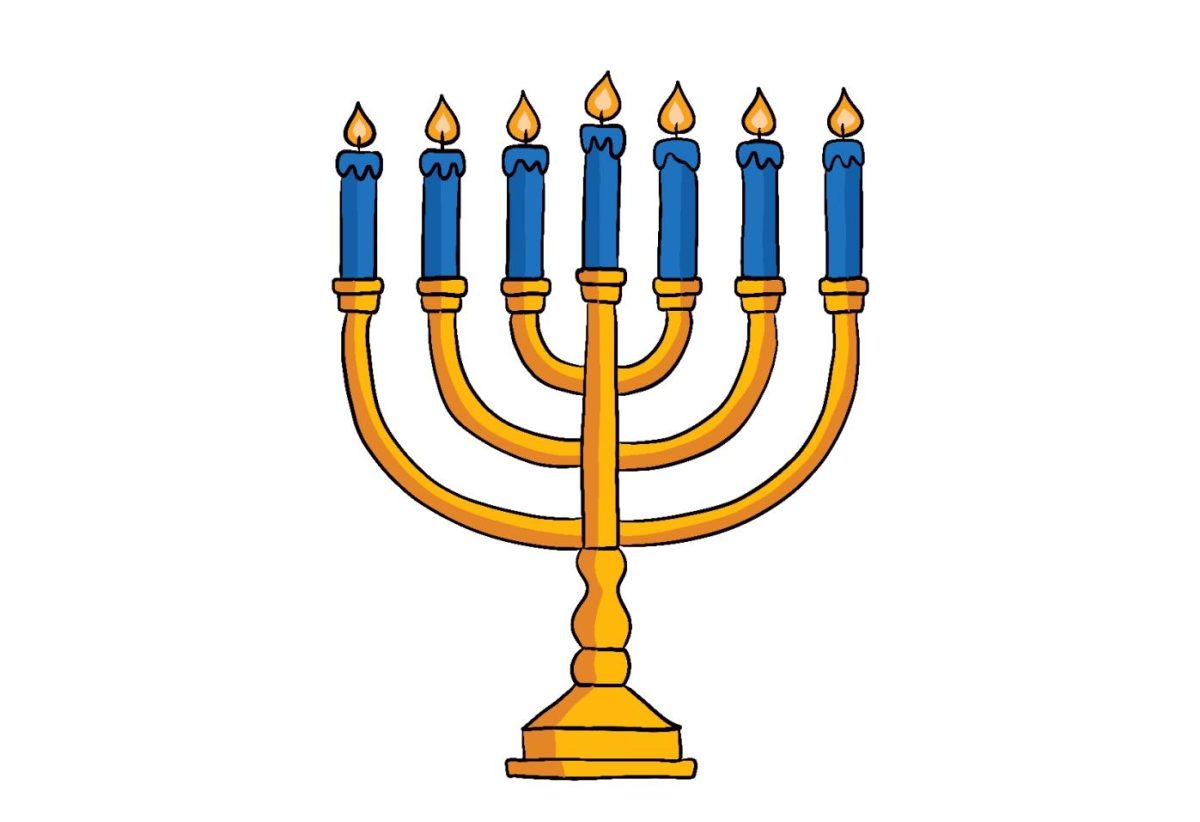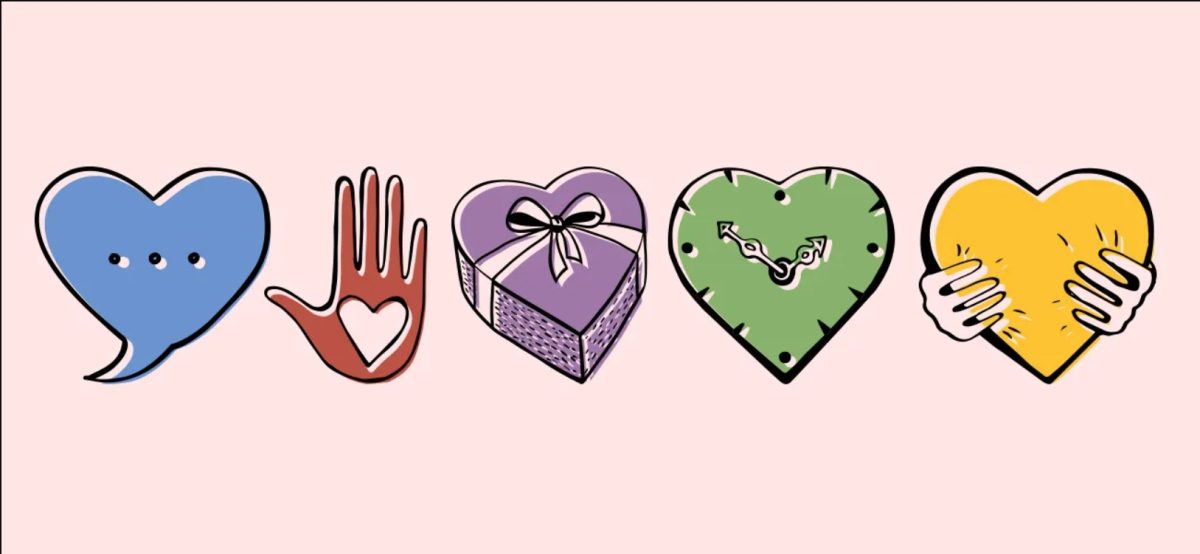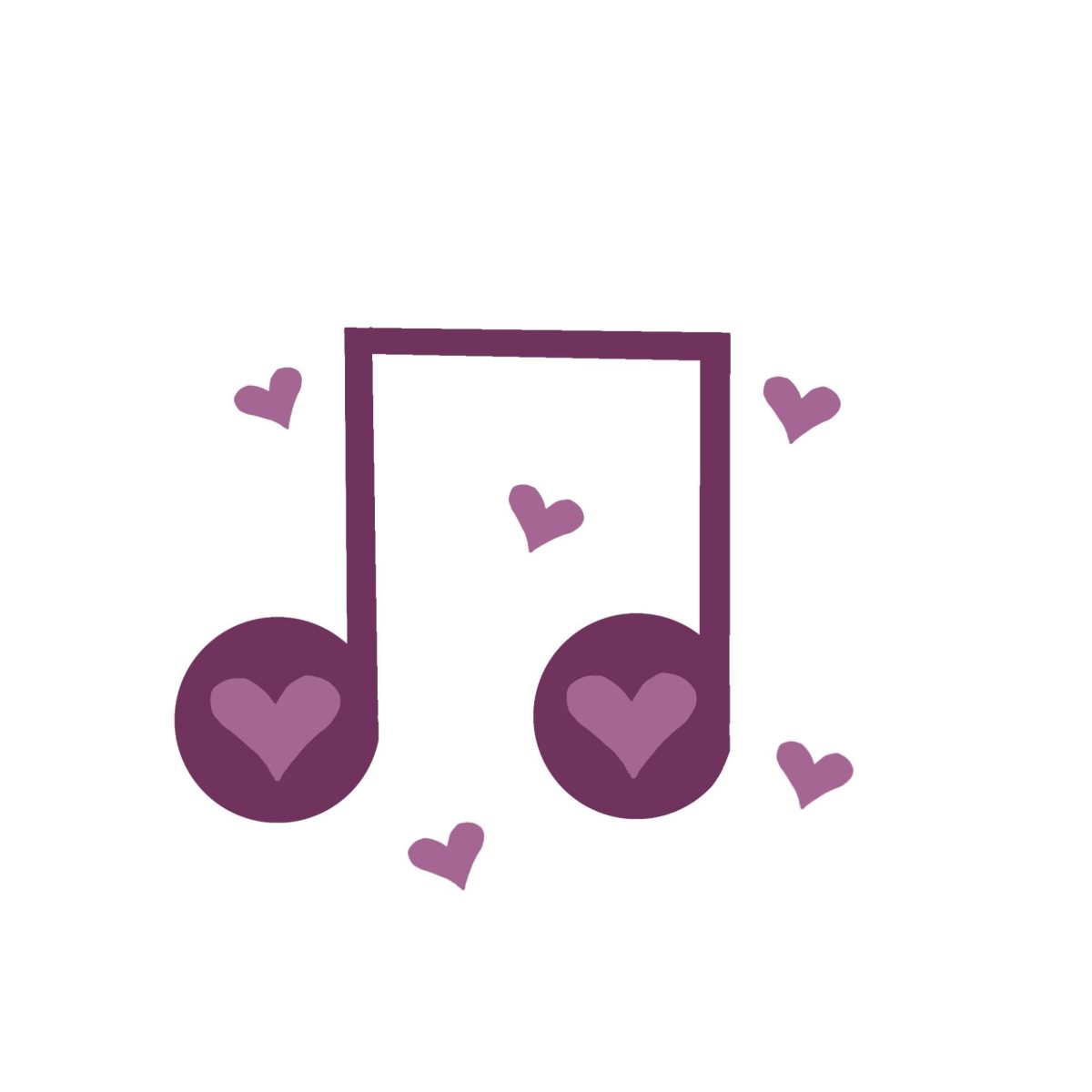The twinkle of candles, the aroma of sizzling latkes, and the warmth of family gatherings signal the arrival of Hanukkah, the Festival of Lights. For eight nights each winter, Jewish families worldwide come together to commemorate resilience, faith, and a miraculous victory that has been celebrated for centuries.
Hanukkah, which means “dedication” in Hebrew, begins on the 25th day of Kislev in the Hebrew calendar, typically falling in December. It marks the rededication of the Second Temple in Jerusalem after the Maccabean Revolt.
“This holiday is rooted in the story of a small group of Jewish fighters reclaiming their temple,” said Chaplain Mendy Stern in “Chanukah – A message of hope”. “When they sought to light the temple’s menorah, they found only enough oil for one night—but it miraculously burned for eight.”
This miracle is symbolized in the lighting of the menorah, a central tradition of Hanukkah. Each night, one more candle is lit until all eight glow brightly.
“Lighting the menorah is special to me because it brings our family together,” said Plainfield North High School senior Addi Auerbach. “It’s a time when we pause our busy lives, say the prayers, and share in the light.”
Hanukkah is also a time for festive foods, many of which are fried in oil to honor the miracle. Latkes, or potato pancakes, and sufganiyot, jelly-filled donuts, are staples of the celebration.
“Latkes is by far my favorite because my bubbe (grandma) makes it every year on the 8th and final night and it is something that my siblings and I look forward to,” Naperville Central High School senior Broden Oswald said.
Another beloved tradition is the dreidel game, a playful way to celebrate. The dreidel, a four-sided spinning top, has Hebrew letters that stand for “A great miracle happened there.”
“My favorite part about playing dreidel is the way it brings people together,” Auerbach said. “There is one pile of gelt (chocolate coins with gold foil wrapping) in the middle, and the dreidel passes from person to person, creating an anticipation of who willג (gimel), which means that they take all of the gelt from the middle of the game.”
While Hanukkah is a festive holiday, its deeper meaning lies in themes of perseverance, freedom, and identity.
“To me, Hanukkah means light and pride,” Auerbach said. “Seeing the menorah lit reminds me of the beauty of my religion and our resilience as a community.”
As the menorah candles burn brighter each night, Hanukkah brings warmth and joy to winter’s chill, celebrating a story of triumph and the enduring power of light over darkness.






